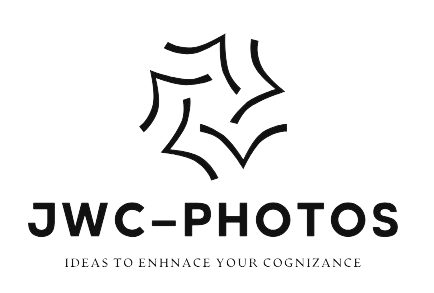In today’s rapidly evolving business landscape, sustainability has become a key driver of success. As businesses strive to reduce their environmental footprint and embrace renewable energy solutions, implementing solar panels has emerged as a sustainable strategy with far-reaching benefits. From cost savings to environmental impact, integrating solar panels into business operations holds the promise of a more sustainable and resilient future. One of the primary advantages of implementing solar panels in business is the potential for significant cost savings over time. While the initial investment may seem substantial, the long-term benefits far outweigh the upfront costs. Solar panels generate clean and renewable energy, reducing reliance on traditional fossil fuels and lowering electricity bills. With advances in solar technology and decreasing installation costs, businesses can achieve a faster return on investment and enjoy reduced operational expenses over the life cycle of the solar panels.
Furthermore, adopting solar panels demonstrates a commitment to environmental stewardship and corporate social responsibility. Businesses that prioritize sustainability not only contribute to mitigating climate change but also enhance their brand reputation among environmentally conscious consumers. This can lead to increased customer loyalty, improved market positioning, and a competitive advantage in a market increasingly driven by sustainability considerations. Beyond financial and reputational benefits, integrating solar panels into business operations contributes to a more resilient and future-proof infrastructure. Solar energy is renewable and abundant, reducing dependency on finite fossil fuels and mitigating the risks associated with energy price volatility. By diversifying their energy sources and incorporating solar power, businesses can enhance their energy security and adaptability in the face of changing market conditions and regulatory environments. Zonnepanelen Zakelijk offer scalability and flexibility, making them suitable for businesses of all sizes and industries. The implementation of solar panels in business represents a strategic and forward-thinking investment in sustainability.
Whether powering office buildings, manufacturing facilities, or retail outlets, solar energy systems can be tailored to meet specific energy demands and operational needs. This versatility allows businesses to optimize energy usage, reduce waste, and align with sustainability goals across their entire operations. Implementing solar panels also aligns with global sustainability initiatives and regulatory frameworks aimed at reducing greenhouse gas emissions and combatting climate change. By proactively embracing renewable energy solutions, businesses contribute to a cleaner and healthier planet while aligning with evolving environmental regulations and standards. This proactive approach not only mitigates environmental risks but also positions businesses as leaders in sustainable innovation and responsible business practices. From cost savings and environmental impact to brand reputation and regulatory compliance, the benefits are multifaceted and enduring. By embracing solar energy, businesses not only reduce their carbon footprint but also pave the way for a more sustainable and prosperous future. As sustainability continues to drive business decisions globally, integrating solar panels is not just a choice but a necessity for building a resilient and sustainable business model for the future.
